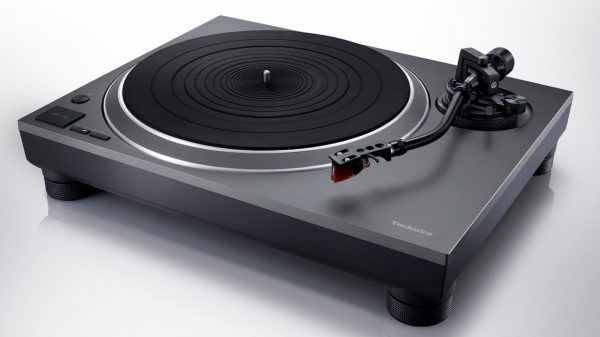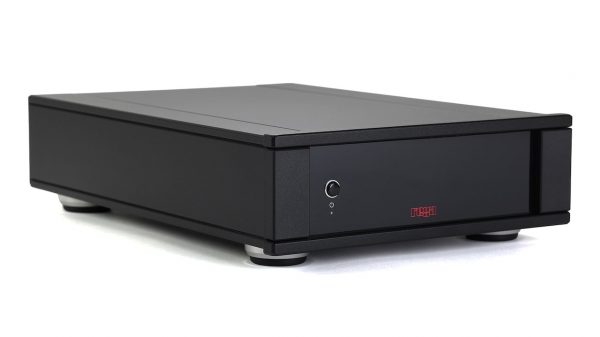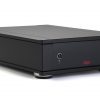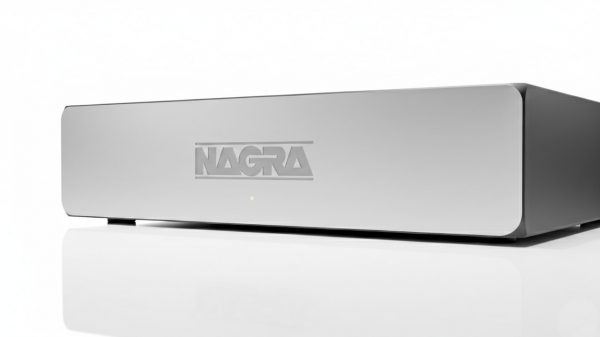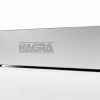Here’s a familiar scene: you get in your car to go to work, start it up, and take off in a rush, knowing you’re running a little late. A short time into your drive your eye happens to catch your fuel gauge and dang! You don’t have enough gas to get to work. Muttering to yourself, you pull off into a gas station. It being rush hour, you wait behind several other cars before getting to a pump. By the time you’ve finally filled your tank, fifteen minutes have passed. No matter what, you’re going to be late to work, now.
Let’s relate this all-too-familiar scene to scheduled defragmentation. By a certain time each night, a system is running slower than normal, indicating that levels of file fragmentation have risen considerably since the last scheduled defrag. Because the system is available to users at all hours, including those in other time zones, this performance degradation is affecting anyone having to access files and data. But then, at the designated time, the defragmenter kicks off. Suddenly performance is really slowed down–and it remains so until the defrag process is finished. It means that anyone waiting for data could very well be late with whatever task they are trying to complete.
Going back to the car analogy, what if there were some automatic device you could attach to your vehicle that would refuel it while it was being driven? You wouldn’t have been late to work that morning, and you’d probably save a substantial amount of time each week. Your car would be running at peak performance all the time, never requiring the need to pull off and gas up, usually when you don’t have time to do it. Every time you needed to get somewhere, you would know that you could just start the engine, put it in gear, and go.
In the computer world, an automatic defragmenter–one which would require no scheduling and which ran whenever possible using otherwise-idle resources–would have much the same affect on servers and workstations. Performance would always be maintained, and there would never be a certain time each night during which performance would be drastically affected for the worse. In the same way as the car, any user could just log in and go.
The problem is that scheduled defragmentation has been outmoded. Because of today’s vastly larger file sizes and disk capacities, fragmentation builds up faster than ever–and it does so in between those scheduled defrag runs, continuing to slow down performance. Because a “time when users aren’t on the system” has become a virtual fable due to globalization and other factors, the defragmenter cannot run without negatively affecting users.
A fully automatic defragmentation solution fully addresses these shortcomings, being the best solution for today’s computing environment. While we don’t yet have an automatic refueling solution for your car, there is, fortunately, one for defragmenting your computer system.






